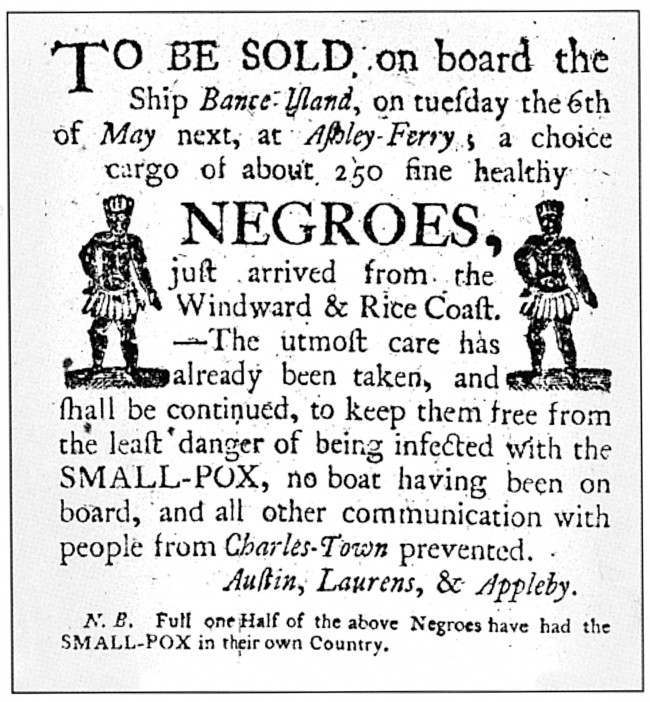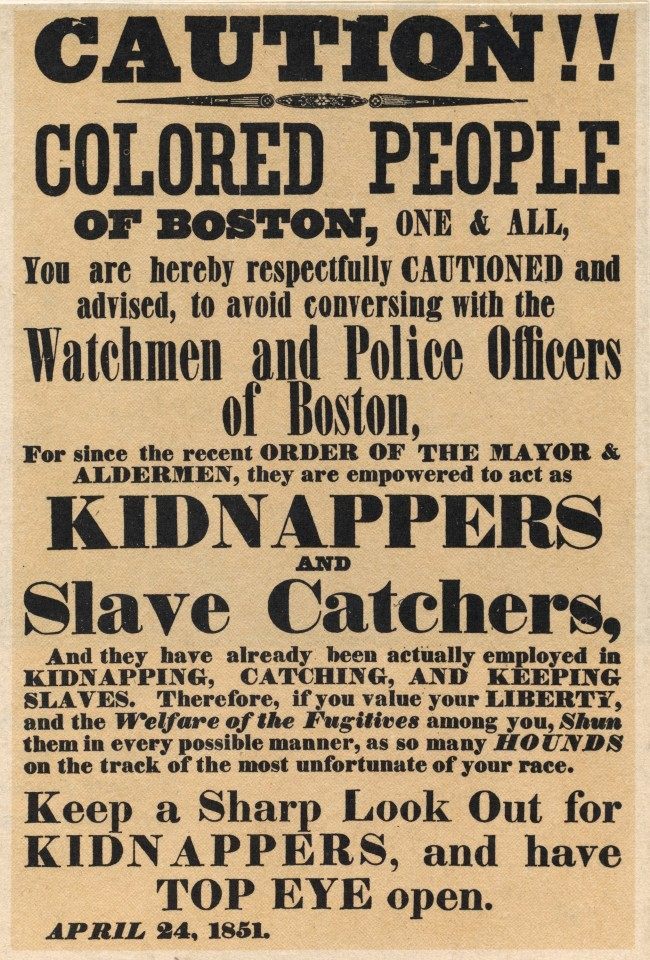London Slaves Hysteria: Aravindan Balakrishnan And Comrade Chanda Did Not Keep Slaves

LONDON Slaves: A look at the three women found living as “slaves” in London. The married couple suspected of holding three women as slaves for more than 30 years are former Maoist activists Aravindan Balakrishnan and his wife Chanda, reports the BBC.
According to Marxist archives they were leading figures at the Mao Zedong Memorial Centre based in Acre Lane, Brixton, south London, in the 1970s.
They moved around a fair bit:
Police have identified 13 addresses in London linked to the couple suspected of holding three women as prisoners for at least 30 years in a cult-type arrangement dominated by physical and mental abuse. The number of properties associated with the couple, who are both aged 67, suggests the victims were moved around several times over the past three decades.
Photo . This is an undated image showing a circa 1780 newspaper advertisement by the slave-trading dealership of Austin, Laurens and Appleby announcing the arrival of African slaves to the American colonies at Ashley Ferry outside of Charleston, S.C.
The Express leads with the 30-year-old woman’s “love letters”.

The young woman wrote letter to her neighbour Marco Feneck. In one she spoke of being “like a fly trapped in a spider’s web”. She is said to have written him over 500 letter over some years.
She told of her “unspeakable torment” and “these evil criminals… who dare to call themselves ‘my relatives”.
Says Feneck:
“Rose would take pictures of herself and send them to me. She would also stand outside the flat and talk to me for hours. She wrote about how she loved me and she sent me poems. Sometimes she had copied down other people’s poems but she also wrote her own stuff. She called herself The Poet. She continually told me she loved me. I think she wanted to marry me. Later she told me some things about her situation and wrote it in a letter to me.”
She told him:
“Do not try to do anything for me. I want you to know the truth. These monsters are absolutely evil and racist. begged them that horrible night not to tear us apart, but they said they would harm you if I don’t promise to stay away. Nothing I said or did made any difference. And then they imprisoned me here, locking all the doors and windows. I can’t get out on my own. The place is crawling with them. I daren’t try anything because I know they will do something evil to you if I do. My life is not worth living if I let harm come to you. So I am like a fly trapped in a spider’s web.
“I am absolutely terrified to do anything in case these evil criminals do something to you. I feel angry, fit to burst. I apologise to you from the bottom of my heart for the evil action of these crooks who dare to call themselves my relatives. I hate them. I suffer unspeakable torment yet every bit is worth it to keep my beloved safe.”

Photo: This is an undated photo of a poster warning “Colored People” in Boston, Mass., of sanctioned kidnappers and slave catchers which was dated April 24, 1851.
Marius said:
“She told me she didn’t know where she was originally from but she looks Eastern European, maybe Romanian. The only time I’d get to speak to her was downstairs by the back of her flat. They lived downstairs in the neighbouring block in a four-bedroom place. The other people in the flat I wouldn’t see as much. One of the women who lived there was sometimes in a wheelchair, although I don’t know what was wrong. Most of the time the man would walk with one of the older women and they would have shopping trollies, the type that the elderly use. Inside was stuffed with pizza leaflets which they would deliver through people’s doors. It’s shocking to think they were kept as slaves.”
Slaves. Really? Slaves?
Frank Field, chair of the Modern Slavery Bill evidence review, says:
“We’ve had this example of domestic slavery but people are being imported to work, almost for nothing, in industry. We’ve got begging gangs being developed, with people being imported. And of course we’ve got the whole question of how children are being imported to work. I would have thought it’s safe to act on the assumption that the examples we’ve had in the last few months are the tip of a rather large iceberg.”
Home Secretary Teresa May wades in, writing in the Telegraph:
It is all around us, hidden in plain sight. It is walking our streets, supplying shops and supermarkets, working in fields, factories or nail bars, trapped in brothels or cowering behind the curtains in an ordinary street: slavery.
Conceding:
We still don’t know the facts behind the case in London this week. Details are still emerging, the investigation is ongoing and must be allowed to take its course. Whatever the outcome, the one positive is that it has raised awareness of the issue of slavery in the public and media mind.
Good-oh:
That is why I have made combating trafficking central to our Serious and Organised Crime Strategy and a priority for the new National Crime Agency. And it is why I am introducing a Modern Slavery Bill to consolidate and strengthen legislation. The Bill will be the first of its kind in Europe. It will increase the maximum sentence for trafficking offences to make sure the worst perpetrators get a life sentence. It will introduce trafficking prevention orders to restrict the activity of offenders when they are released so that they cannot cause further harm. And it will create an Anti-Slavery Commissioner to hold everyone involved in stopping this crime and helping victims to account.
She has a raison d’etre:
I have asked Anthony Steen, chief executive of the Human Trafficking Foundation, to undertake a series of overseas visits to look at how we can improve our approach both domestically and internationally. You can expect to hear more about all of this work in the coming weeks and months. I make no apology for the fact I will be talking about slavery again and again… And to say, in the famous words of William Wilberforce in a speech to the House of Commons: “You may choose to look the other way but you can never say again that you did not know.”

Photo: U.S. Army truck is loaded with liberated Russian, Polish and Ukrainian slave laborers in a German town on March 8, 1945. Formerly forced workers for the Germans, these men were freed by Infantrymen of the 2nd Division, U.S. First Army. 2nd Battalion.
Anthony Steen told CNN:
“The difference between slavery when it was manifest in America — as it was in England — was that you could see it everywhere. Since slavery was abolished in the 1800′s it’s actually increased, it’s grown – in fact slavery today is 20 times bigger than it was before we abolished it two centuries ago.”
But what do we understand by slavery?
The Mail announced:
More than 5,000 slaves believed to be held captive in Britain as charity reveals three women held in London is ‘tip of the iceberg’
Are they all slaves?
The OED describes slavery as: “a person who is the legal property of another and is forced to obey them”.
The women were another human being’s legal property? Well, that’s not the case. The three women were not legally owned by anyone. The State does not support slavery. The media and experts are shifting the definition of slavery. The “invisible handcuffs” restraining the women in Brixton and not the same as chains used to transport Africans to the New World. The men and women May speaks of are being exploited but many came on their will. A migrant worker is not the same as a slave.
Dr Suzanne Newcombe, a research officer at Inform, a research unit specializing in cults and New Religious Movements at the London School of Economics, told us:
“Ideological beliefs of any sort can have an incredibly powerful effect on how people behave. I remember speaking to a man who had stayed in a room without leaving it for several years, even though he knew that the door was not locked and he was physically able to leave. He saw it as half punishment and half spiritual test. We have over 4,300 groups on our database classified as New Religious Movements, and that definitely includes groups that are political and ideological rather than religious. The latest research is finding that non-religious political beliefs can be just as powerful.”
But slavery, Dr Suzanne. That’s something different.
But she’s not alone. Here are some other who mistake what slavery is:
Sarah Palin: “Our free stuff today is being paid for by taking money from our children and borrowing from China. When that money comes due — and this isn’t racist, but it’ll be like slavery when that note is due. We are going to beholden to the foreign master.”
Mike Huckabee (talking of abortion): “What are we saying to the generation coming after us when we tell them that it is perfectly OK for one person to own another human being? I thought we dealt with that 150 years ago when the issue of slavery was finally settled in this country, and we decided that it no longer was a political issue, it wasn’t an issue of geography, it was an issue of morality. That it was either right or it was immoral that one person could own another human being and have full control even to the point of life and death over that other human being.”
Catholic, Cardinal Keith O’Brien (on gay marriage): “Imagine for a moment that the Government had decided to legalise slavery but assured us that ‘no one will be forced to keep a slave’. Would such worthless assurances calm our fury? Would they justify dismantling a fundamental human right? Or would they simply amount to weasel words masking a great wrong?”
Jean-Francois Mouhot (on climate change): “An economy run on slave labour has much in common with one run on fossil fuels, argues Jean-Francois Mouhot. Ending suffering means we all need to become modern-day abolitionists”
But none of that is slavery. Slavery is something quite different. And there’s not much evidence of it being alive and thriving in the UK.
Read: London Slaves: Giggles And Oh-Shits About The Culty Three
Read: London Slaves: Love Letters From Pretty Smiling Zombies Trapped In A Marxist Cult
Read: London Slaves: Let’s Defame Aravindan Balakrishnan And Beat Him With Sticks
Posted: 25th, November 2013 | In: Key Posts, Reviews Comments (5) | TrackBack | Permalink


